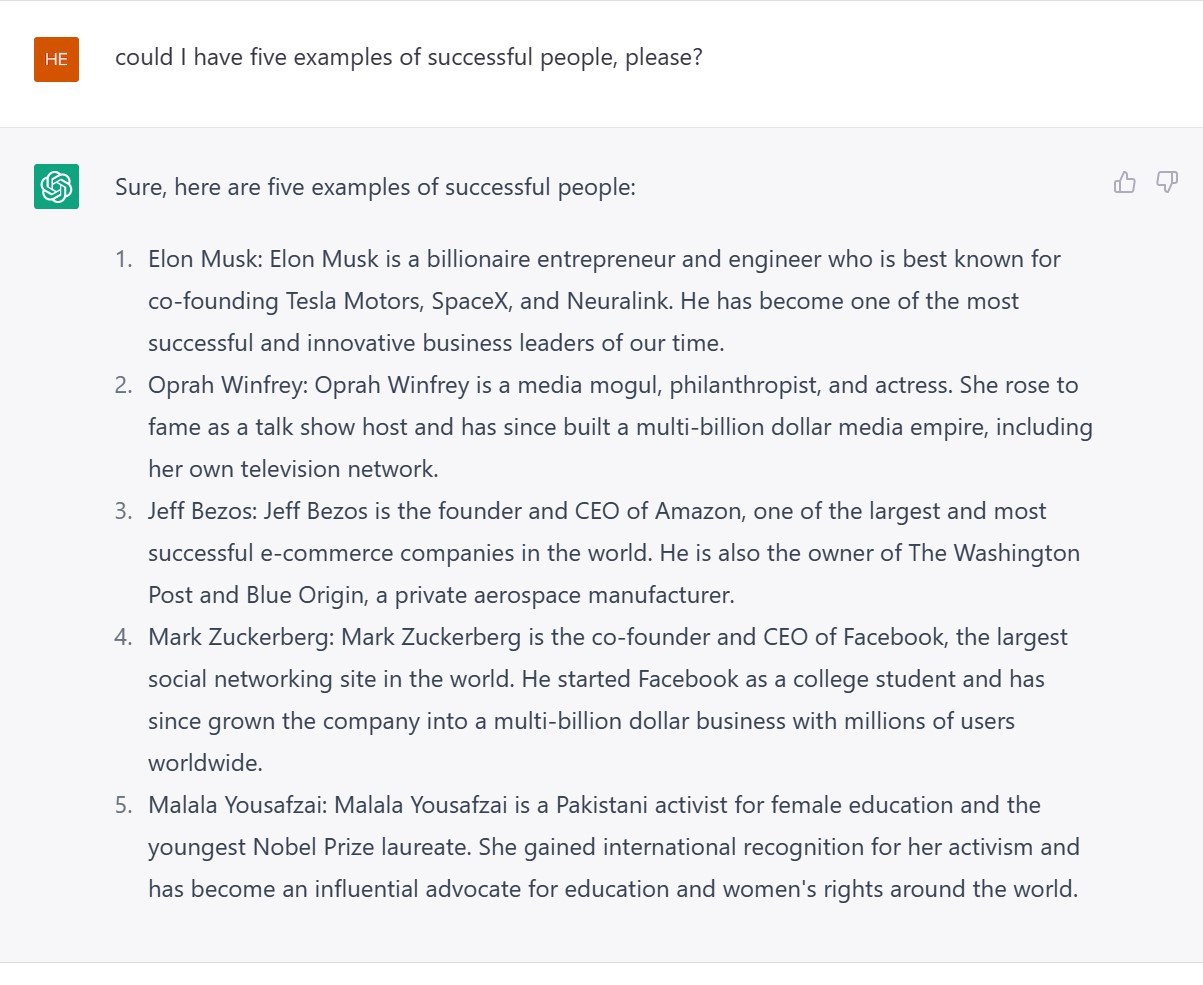Pretty exciting day for us here on team TANK:
Today we deployed the alpha version of the values tool we’ve been working on:
This is a great pre-TANK exercise to get you focused on what really counts. If you’d like to take it for a guided test run, hit me up here for a 1:1 session. Otherwise head straight to the tool, or read more about how it works here.
Possibly even more exciting (!), this morning the brilliant Nathan Kramer joined us to break ground on the core TANK app. Here is our cozy dev team at work:
I love this picture for all the reasons, but especially: TANK was a vague idea less than a year ago and now it’s (really!) on its way to being built; and an awesome human who was a complete stranger to us two weeks ago has come to be part of it. 100% joy!
we need to talk about success
While the build is under way, I’ve been down a few interesting content rabbit holes, and realised something kind of weird: as a culture we have a completely dysfunctional relationship with the concept of success.
On the one hand, we recognise it’s quite nuanced. Here’s what ChatGPT thinks it means, which is to say, what the internet thinks it means:
Or to paraphrase: “Success? You decide!”
I’m ok with that. TANK is built on the assumption that you’re the best judge of what’s going to help you flourish. More specifically, the jumping off point for this particular expedition was values, and how they help you head in the right direction for you.
But what happens when you go looking for successful people?
You can only laugh. That definition just narrowed fast enough to make a stunt pilot gasp. At least two of the people on this list are on record as having a pretty poor “sense of accomplishment or satisfaction” with their lives. But we’re social animals, so the examples we share socially form our reality in a way that textbook definitions never will. No wonder it’s so hard to feel successful.
A founder I spoke with this morning put it beautifully:
Impostor syndrome can be about chasing the wrong idea of success. You feel like you’re on somebody else’s life journey, and you end up wondering “what am I doing here?”
Unsurprisingly, our education system doesn’t help. It appears to be teaching young people that achievement is more important than caring, even when teachers and parents claim to prioritise kindness and respect.
If success is only about achievement (world’s richest man! world’s most loved talk show host! Nobel laureate!) where does that leave you if your values lean towards creativity, or caring for others, or maintaining tradition? It takes some serious resolve not to get sidetracked by someone else’s definition.
success is… love?
Turns out ChatGPT doesn’t watch YouTube. On a whim I asked it what Warren Buffett’s definition of success is. It gave me a few paragraphs covering financial success, relationships, and “the things that truly matter”.
It seems to have missed this thoroughly disarming video from 2003, in which the man himself is much more succinct:
when you get to be my age, you will be successful if the people that you would hope to have love you, do love you.
Honestly, I’m on board with this definition too, and not just because I’m a sucker for crusty old guys placing bids for what actually counts. It lines up neatly with the conclusion two Harvard researchers reached on the basis of years of research:
Enduring success is the collection of activities that will be viewed affirmatively by you and those you care about—now, throughout your life, and beyond.
To get there, you need to regularly cultivate episodes that give value on the many measures you and those you care about consider important.
Or to paraphrase: “Success? You and your loved ones decide!”
It’s cliché to say success takes work. It’s not so cliché to point out that the most important part of that work is to step back and work out what it looks like for you. Your definition of success might never land you on a ChatGPT list. If it doesn’t fit the cultural path of least resistance, it’s going to take a bit of extra energy. But there are some nice examples around if you go looking for them.
If that all seems a bit too big, start with values. Pick one thing that makes you feel like you’re living by them, find your fellow travellers, and get started. And let us know how you go.








